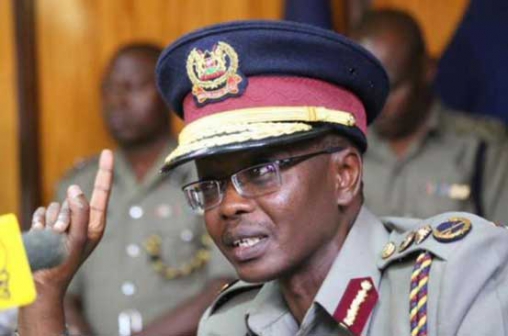
He has been under pressure following the heinous killings of a human rights lawyer and his client and their driver. He has however resisted pressure by declaraing that the undoing of a few elements within the National Police Service must never be used to demonize the entire service as rogue. Our senior writer MWANIKI MUNUHE held a one-on-one interview with Inspector General of police Joseph Boinett and filed the following report.
It is is now over a year since you were sworn into office as the Inspector General of Police. What are your successes, failures, challenges and lessons?